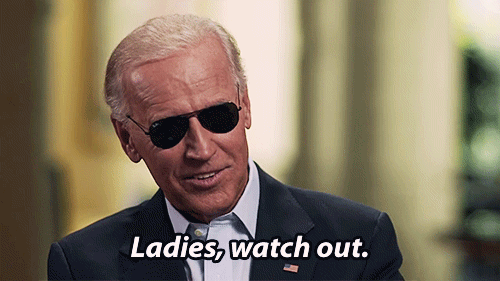Beto raised more money in the first 24 hours than Bernie.
One great question surrounding Beto O’Rourke has been whether he could replicate the massive fundraising totals he mustered in the Texas Senate race last year.
On Monday, O’Rourke put any doubt to rest, announcing that in the first 24 hours of his campaign, he had raised a staggering $6.1 million.
(…)
The cash windfall was no accident. O’Rourke began preparing for a robust online fundraising push even before he announced his run for president, alerting top supporters to be ready to solicit contributions from their lists. Once he announced his candidacy on Thursday, the campaign began aggressive texting, email and social media appeals. O’Rourke spent more than $157,000 on Facebook last week, running more than 2,300 — many of them soliciting donations, with the campaign telling donors that “what we raise in the first 24 hours will set the tone in the national conversation about the viability of our campaign.”
On Monday, he said he hopes the total “sends a message to everyone who’s out there, who’s looking for a different way” to run a campaign.
(…)
Before last week, it was Sanders who had set the bar for first-day 2020 fundraising, raking in $6 million in the 24 hours after announcing his run for president. Harris’ launch had been the second-most lucrative, raising more than $1.5 million in her first day in the race.
Several of O’Rourke’s fellow Democrats, like Sen. Amy Klobuchar of Minnesota, Washington Gov. Jay Inslee and former Colorado Gov. John Hickenlooper, broke the $1 million threshold after about 48 hours, their campaigns said.






